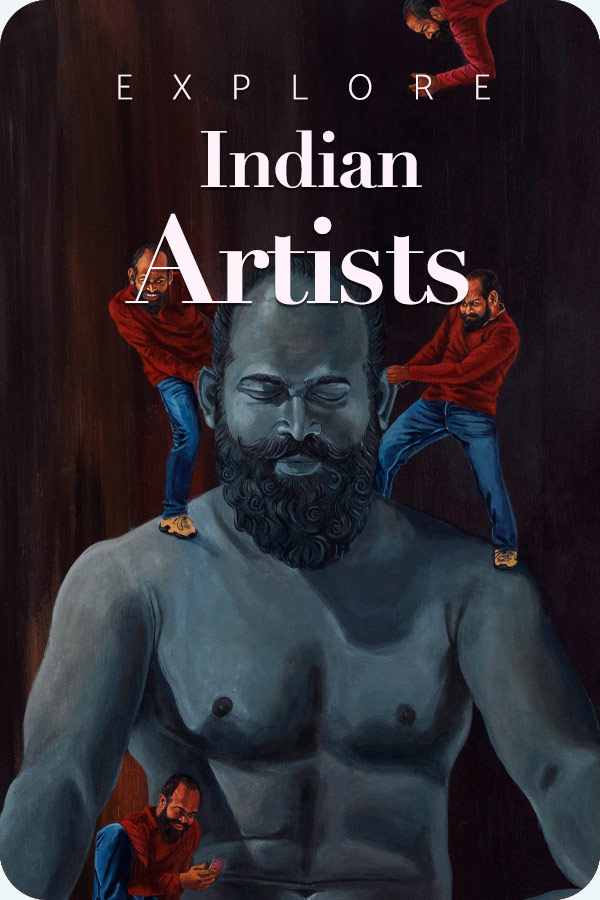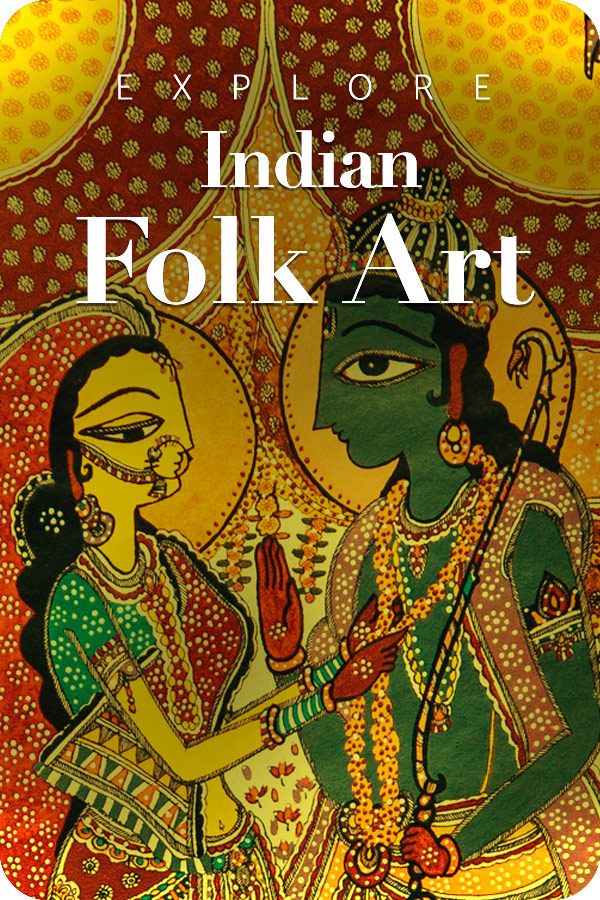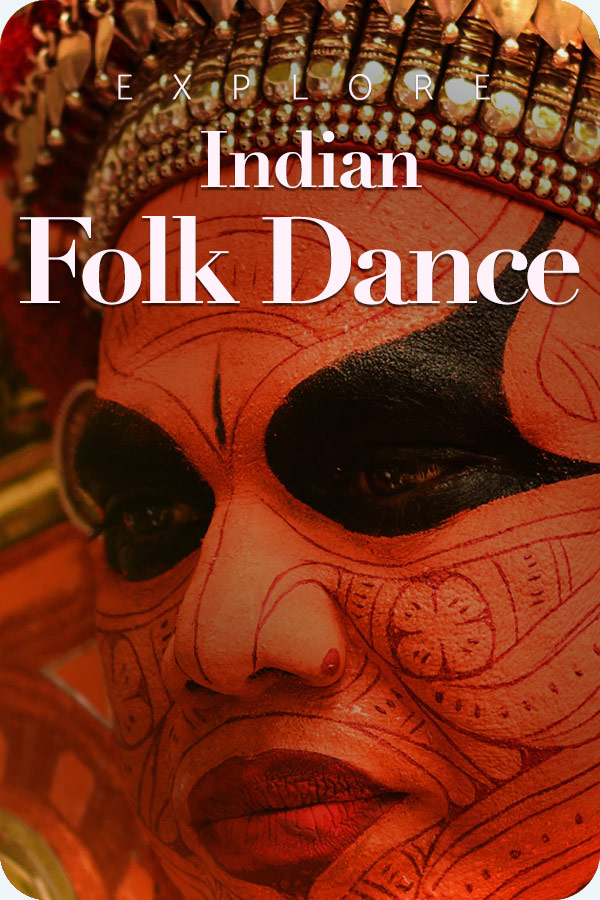
The best way to describe Sufi music is to call it soulful. Though there are several genres of music in the world, Sufism holds a special place. Almost transcendental it connects one to the divine and mystical. Closely associated with the doctrines of Islam, Sufism came on its own much later after the establishment of the religious order. However, though Islam and Sufism cannot be confused with each other, Sufism does revolve about earning for the Almighty or Allah and of looking and seeking within than outside.
Over the years, Sufism has evolved into several branches or tariqas across different regions of the world. Each branch usually has its own Sufi Master and the art form thus carries on for generations, holding onto the basic foundational beliefs of this musical form, however, differing in manifestation and style.
What does Sufism express?

The word ‘Sufi’ means wool in Arabic and signifies the attire that the Sufi musicians and practitioners’ wear. Culture is vital in the expression of Sufism and so is the experience of connecting with the divine power. The Sufi Master or Mystic places the Almighty above all and everything else. Sufism concentrates on the spiritual rather than the religion. Sufi music is thus, almost meditative and trance like renditions for the ultimate and only goal is to seek the philosophical and divine. And Sufi music is the heart of Sufism for it is the expression that manifests the emotions and sentiments of the devotee.
Evolution of Sufism

The earliest record of Sufi music can be dated back to the 7th century. It finds its origins in Egypt, Caucasus, Iran, Indonesia, Morocco, Balkans, Turkey and Senegal. Sufism and its ideology spread to several nations and flourished in their cultural environments. First the lyrics were in Arabic and later have been adapted in Persian, Urdu, Turkish and many other languages.
Today it is not only spread over the world, but different countries and regions have their own specialised style, musical instruments, rhythms and cultural nuances of Sufi music.
In Turkey there are the swirling dervishes, in Morocco there is gnawa and in India and Pakistan there is qawwali. Each of these are different forms of Sufi music.
Sufi Music in India
Sufi music in India thrives mostly in the form of qawwalis. However, Hindi cinema has also hugely impacted the influence and subsequent spread of Sufi music. A lot of popular songs, such as Rockstar’s Kun Faya Kun or Khwaja Mere Khwaja from Jodha Akbar are all Sufi music compositions.
Qawwali

But it is qawwali that steals most of the show when it comes to Sufi musicals in India. Not just India, but Pakistan has also been the home ground of gifted Sufi artists who have transcended borders to bridge gaps with musical outpourings.
Amir Khushrow is known to have created the qawwali and this Sufi art form can be dated back to almost 700 years now. Qawwali may have also originated from the time of Khwaja Mohinuddin Chisti Ajmeri. Hazrat Nizamuddin Auliya who was from the Chisti school used Sufi music as a medium to invoke his followers and large gatherings. Amir Khushrow was his follower who further popularised and combined various elements of lyrics and compositions from Persia, Turkey and India to evolve the qawwali. Qawwali traditionally is performed at the shrines of Sufi saints in Delhi, Ajmer and other towns of India and Pakistan.
Qawwali comes from the Arabic term ‘ qaul’, meaning ‘utterance’. This qaul is an utterance for the spiritual realm as singers emotionally give it their all. Qawwali is performed by several qawwals together. There is a main singer in the group and the musical instruments used include the harmonium and other Indian percussion instruments.
Qawwali Today

In recent times, a global qawwali artist that has successfully taken qawalli on the world map is Nusrat Fateh Ali Khan. From Pakistan Nusrat Fateh Ali Khan is admired the world over and has had numerous international collaborations too.
For Bollywood one can credit both Nuzrat Fateh Ali Khan and Shankar-Shambhu who have played a huge role in introducing Sufi music and qawwali in mainstream cinema. This has tremendously helped in its increased popularity and spread.
Qawwali lyrics are poetry in Hindi, Persian and Urdu. With a few words a lot is conveyed and the musical gathering is usually termed as ‘mahfil e sama’ or an assembly of listeners.
Besides, other Sufi music forms that are also love songs are Kafi and ghazals.
Sufi Music in Turkey

In Turkey the imagery accompanying the Sufi music is as masterful as the songs themselves. The whirling and swirling dervishes perform in the sama gatherings. The sama is a unique combination of the signing and twirling where the artists or dervishes perform a circular motion with one hand pointing downwards and the other pointing upwards towards the Supreme Creator.
The dervishes are members of a Sufi order called Mevlevi. The Mevlevi order is named after Mevlana or Jalal Aadin Muhammad Rumi who was one of the most popular Persian poet and mystic in the 13th century.
The Ney flute is the main musical instrument that is also instrumental in the swirling performances. The Ney flute produces a long sad sound that signifies a deep longing to connect with God.
Sufi Music in North Africa

Gnawa is an ethnic community of North Africa. Though initially spread across the continent this community was brought to North Africa as slaves. Over time they established spiritual practices that included music and dance. Also, as slaves they find a connection with Bilal a well-known figure in Islam who was the first Muezzin (the person who calls for prayers) during Prophet Mohammed’s time.
The Gnawa community though Muslims have their own cultural aspects and beliefs. They believe that there is a spirit world where their ancestors inhabit and through music they can connect with the unseen worlds.
The musical instruments used in this form of Sufi music are drums, a cymbal called qraqab and clapping. Dancing and music are considered ways to heal, to release bad spirits, get rid of bad luck, illness etc.
Lately, the community has moved into mainstream entertainment and collaborated with Moroccan music, pop cultures etc. The Gnawa music is now mixed with other musical forms, such as rock, jazz, hip-hop etc.
Contemporary Sufi Music

Sufi music continues to be one of the most heard and mesmerizing genres till date. The amazing thing about it, is that it has retained its innocence and originality along with progressing and matching with the modern times. Even till date you will often find qawwals sitting cross-legged outside Nizamuddin Auliyas shrine reciting a song. However, you also see Sufi musicians taking on the world stage, collaborating with other musical forms and re-inventing themselves. From mainstream Hindi cinema to authentic sama gatherings, Sufi music doesn’t falter whether in India or across the world.
Sufi Artists

There are several young and old Sufi artists who are considered to be not only fantastic singers, but also deeply rooted to the culture and essence of Sufism. Some of the notable Sufi singers from the subcontinent include Abida Parveen, Saieen Zahoor, Wadali Brothers, Zila Khan, A R Rahman, Atif Aslam, Kailash Kher, Rahat Fateh Ali Khan and more.
Besides individual singers there are also Sufi bands, such as Nizami Bandhu, Nooran Sisters, Goonj Sufi Rock Band, Jazba Band, Innayat Band etc.
Sufi music and Sufism continue to thrive all over the world. Perhaps the most wonderful aspect of this musical form is that it deeply touches, both the performers and the listeners. Though all musical forms have an attractive quality to them that keeps the audience engaged, Sufi music elevates this experience by joining it with the emotion of spiritual understanding. The purity of this musical form raises the bar, for it moves beyond and above songs which are created, sung or heard for entertainment alone. Sufi music not only connects with the listener but also takes them along the journey of discovery and devotion.







